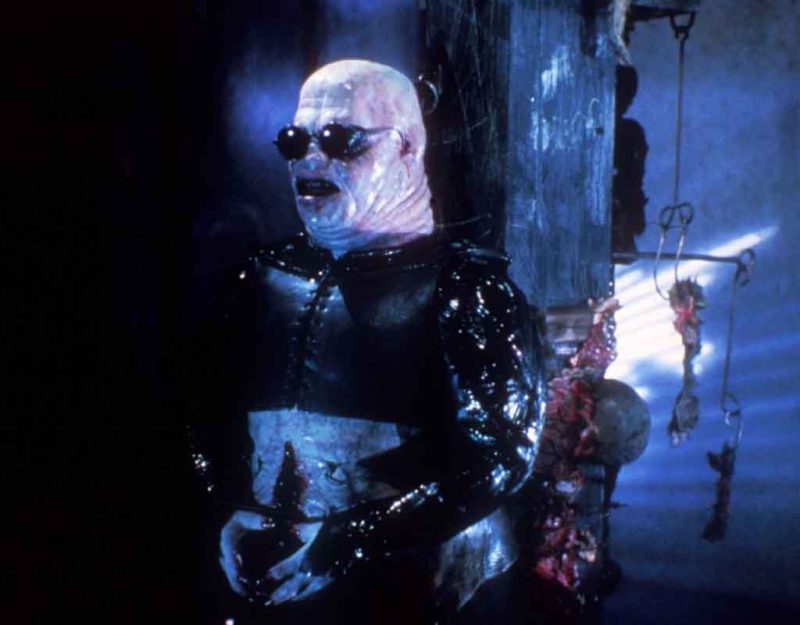Approaching the Godhead
When referring to the Godhead, humanity has meant the divine nature or even the divine sense in and around ourselves. While certainly not a rejection of the divine personality, Godhead implies that the divine resides throughout creation rather than within just an anthropomorphic figure that is conjured up with the term God. The Godhead is, above all else, the fountainhead of the stream of existence.
The different arguments and conflicts based on interpretations regarding the nature of the Godhead stem from colorful and creative imaginations and increasingly abstract formulations. As time has gone by these have moved further away from the original experience and observation of those who were once in conscious contact with the divine essence. A first step in returning to that direct relationship without the trappings of interpretation is to do away with all dogma of revelation while remaining open to and seeking direct experience.
When we start to ask for reasons before doing anything, we arrive either at inventions from our own ego or dig ourselves into self-defeating conclusions about the meaninglessness of existence. The questions that move life forward and grant us an extended awareness pertain not to the why, but to the whence and the how of divinity. If divinity is what we seek, the question is one of method: one of timing, location, and technique.
The question of the soul has raged throughout time. Some dogmatically assert it, others deny it in like manner. Like the question of divinity, it is entirely irrelevant to those who seek to develop a fuller life in connection to the divine. By the soul is meant the most fundamental components of the individual. From a functional point of view, we need not think of it as an object, but as a source. As a connection to the divine, we may see it as not as a place or body, but as a gateway.
Most people associate spiritual growth with a religious practice consisting of a distinct set of rituals to be enacted at specific times. These set times might recur throughout the year, the month, or even the day. Outside of these moments, participants of religion are expected or at least expected to try and follow certain principles. The cult is, then, a set of boundaries and actions prescribed by a law-giver.
There is a better way, one in which there is no separation between cult and life. This is a cult of life, one in which you are meant to discover your own practices and principles. We do not mean by this quaint allusions to anyone’s ordinary life as a de facto ritual. Quite the contrary, we mean that our kultus is a constant striving through our each and every action to present the best life we can in accordance to the totality of our experiences: physical sensations, emotions, and thought, as they are here and now.
Our kultus comprehends ritual, but it is certainly not limited by it. In our vision of the spiritual life, the individual must strive to remain constantly aware of every sensation from pleasure to pain. To live fully and make decisions that stem from themselves rather than from programmed reactions. In so doing the individual comes into possession of the keys to their own kingdom.
There is meaning here in the statement that man’s most intimate activity is not his own, that an “otherness” allies itself with him in all creation, and that this “otherness” has far more significance than the sum total of everything he instinctively experiences as his own intentions and faculties.
—Walter F. Otto, Dionysus: Myth and Cult
Telling the child that we know God and His truth is an evident lie because we ourselves were just told so by someone else. Nobody you have ever known is remotely likely to have received confirmation of a god matching the descriptions of Christianity. At most they have had uncanny experiences to which meaning has been ascribed (rightfully or wrongfully, it matters not).
We come to understand that experience is transcendental, and language can only partially breach its contours through the paradox of poetry or the symbol of a myth. Imposing a belief on a child is no more than deception that betrays the utmost trust. Instead, we can facilitate a series of explorations whereby each individual arrives at their own discovery of the divine.
It is therefore important that experiences are lived in the flesh, and that they are not just found in lines to memorize. No matter how useful fables and symbolic stories are, they can never substitute the knowledge and transformation that comes from direct experience. From stories, we enact what someone else has envisioned, but from direct experience, we emerge ourselves.










